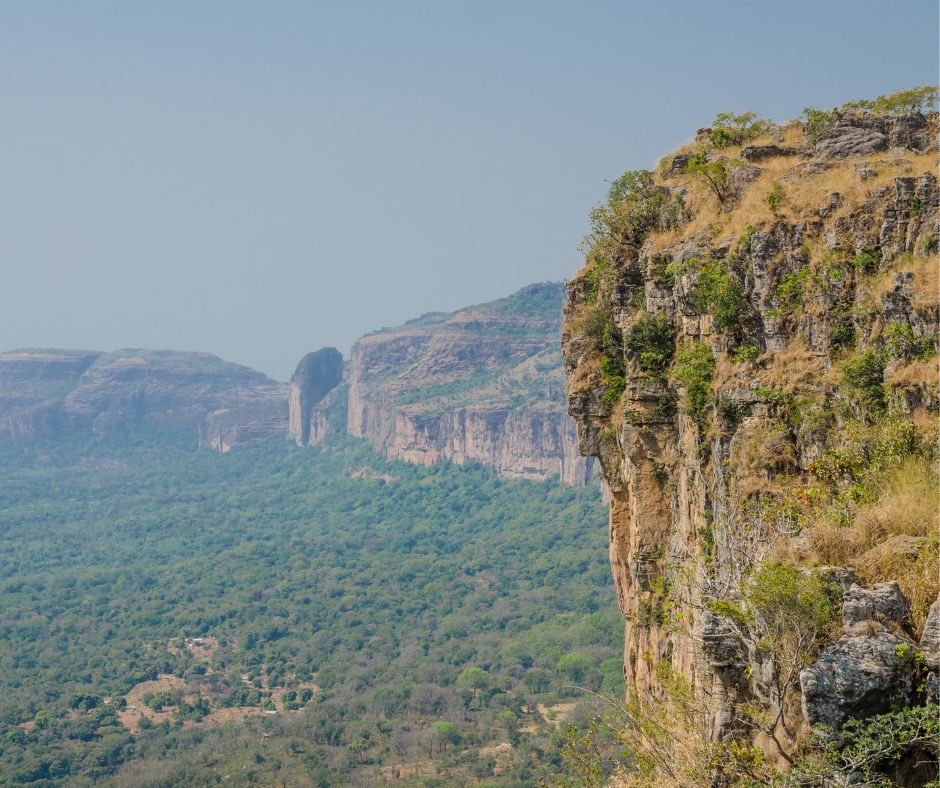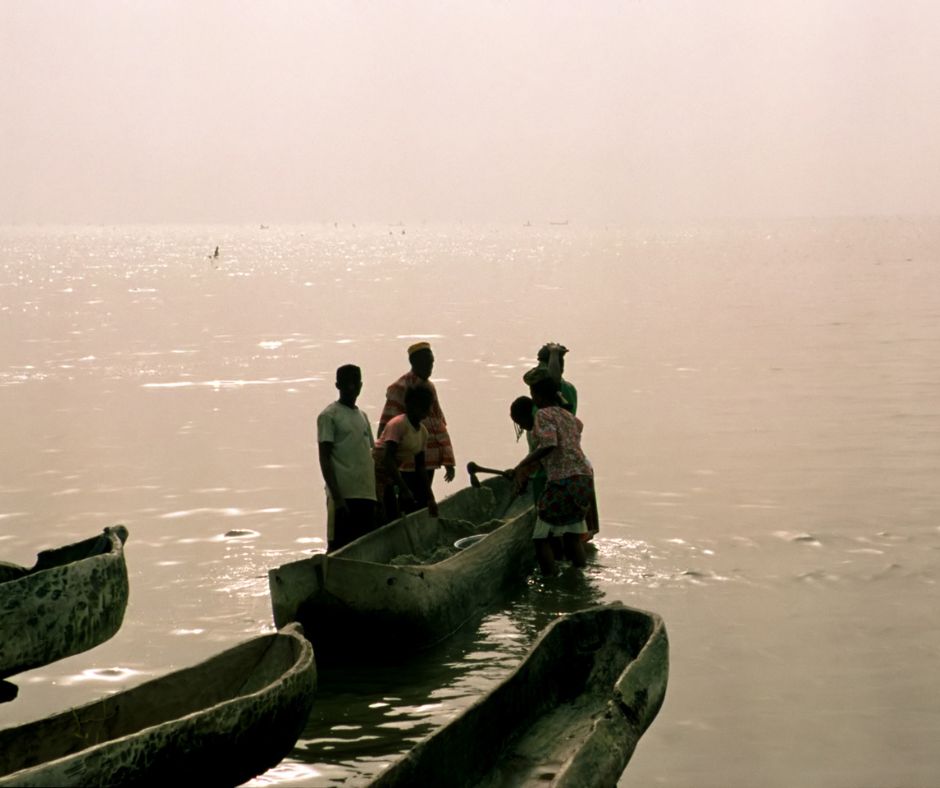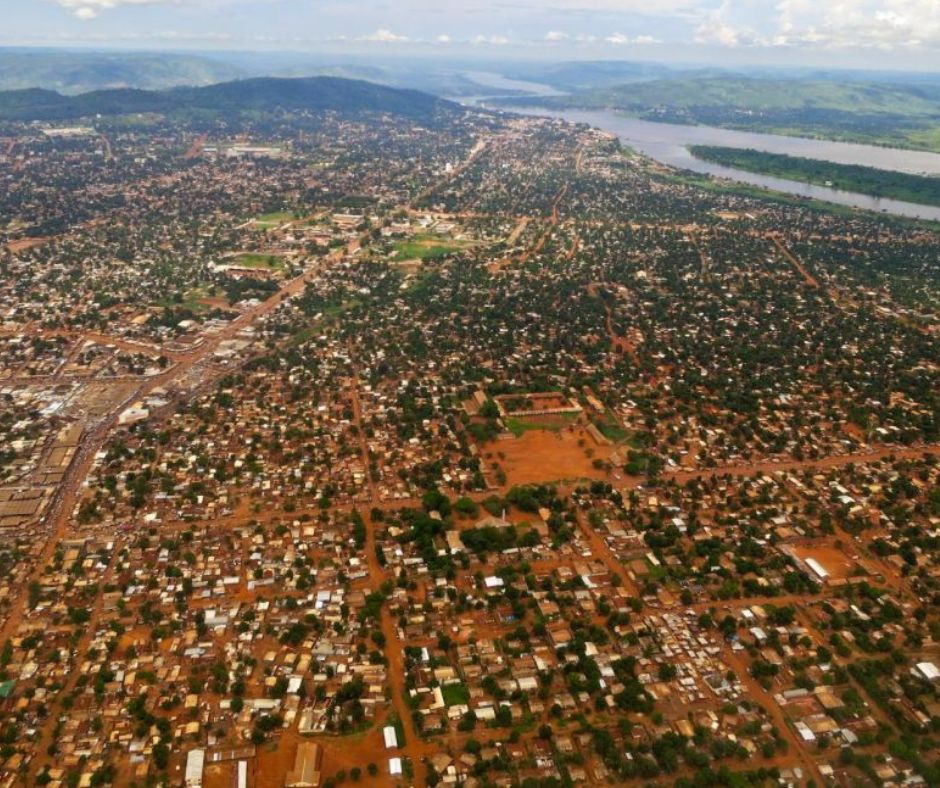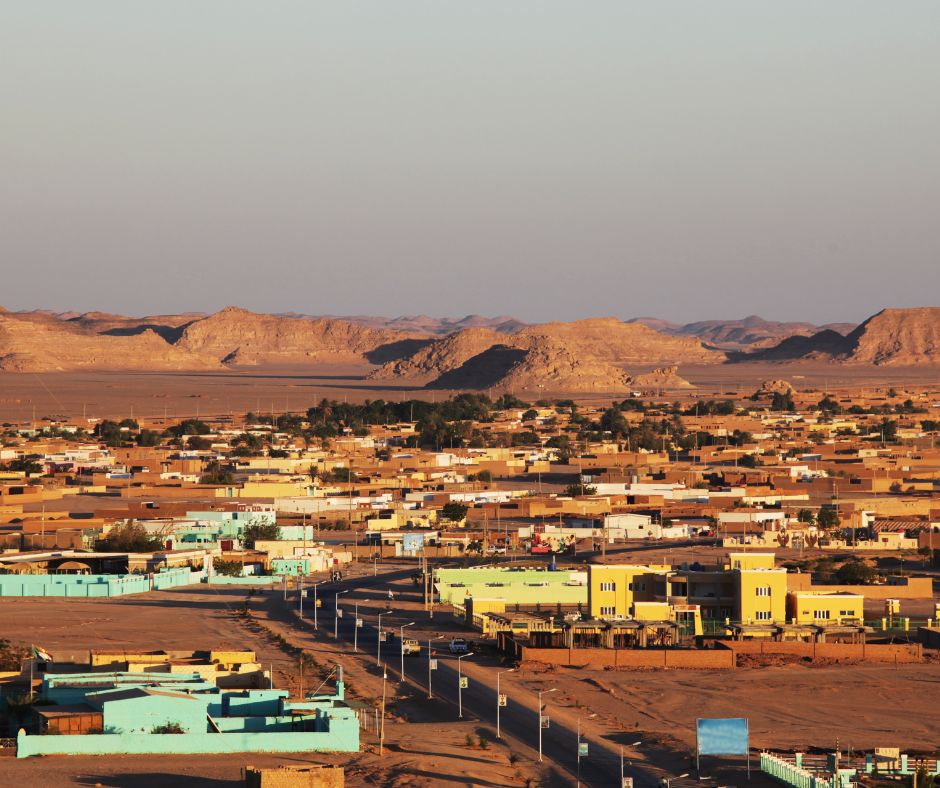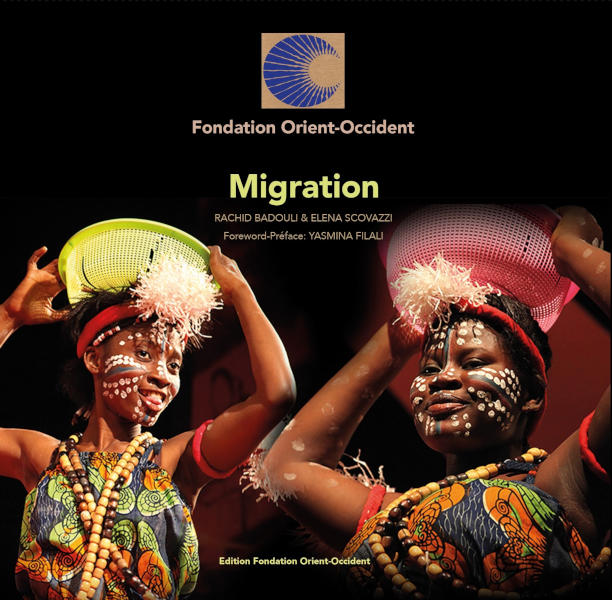Guinea, but which Guinea?
To clear any uncertainty, Mohammed Diallo comes from Guinea, also known as “Guinea-Conakry”, not to be confused with its neighbours Guinea-Bissau (former Portuguese colony) and Equatorial Guinea (former Spanish colony). France colonised Guinea; its capital is “Conakry”, hence the name Guinea-Conakry, quite simply! In the Berber language, Guinea means “Land of the Blacks”.
Mohammed, the committed politician
When asked about his country, Mohammed Diallo spontaneously addresses the political aspect. “Guinea gained its independence in 1958“, he says, eager to recall the key historical moments. In his country, he was politically involved in defending the rights of his ethnic group, the Peuls, who had been persecuted since Sékou Touré came to power in the 1970s. He regrets the lack of democracy in his country, affecting minorities and all the Guinean people. He says the government’s motto is “divide and rule“. Politicians do not allow the population to live in peace and security in Guinea, which has been the case since the country’s independence. He is still fighting with the UFDG party, the Union of Democratic Forces of Guinea, the main political opposition force to the government…
Walking in the mountains
Mohammed Diallo invites us to wear our hiking shoes and backpacks to the Fouta Djalon. The Fouta Djalon is a mountainous massif in the centre of Guinea, mainly inhabited by the Peul people. Its beauty lies in its wooded savannahs, extensive forests, and vast plains. Also called “Africa’s water tower,” many rivers, such as the Gambia and Senegal, flow into it. Fouta Djalon is also a fruit paradise with an extensive production of mangoes, avocados, bananas, and guavas, ideal for juicy fruit salads! The land is also very cultivable, with an extensive production of rice, potatoes, groundnuts, and onions.
Taste a Guinean couscous!
Without wishing to offend the Moroccans, Mohammed Diallo states that Morocco does not have a monopoly on couscous! Guineans also cook it, but with fonio and sometimes even millet. Fonio is a cereal cultivated since the dawn of time in West Africa, particularly in Senegal, Mali, Burkina Faso, and Guinea. It comes from a wild grass that produces small grains with a light and subtle taste! Fonio has the advantage of being gluten-free, allowing everyone, including intolerant people, to enjoy delicious couscous! Guinean couscous is made of a shoulder or neck of mutton, tomatoes, carrots, aubergines, white beans, onions, garlic, spices and, of course, fonio!
If the internal situation in Guinea improves, Mohammed Diallo would like to return to his country. He is still involved in national politics, although he confides that he fears for his safety. His best childhood memory is of walking to school with his friends, laughing and having fun on the side of the road.

